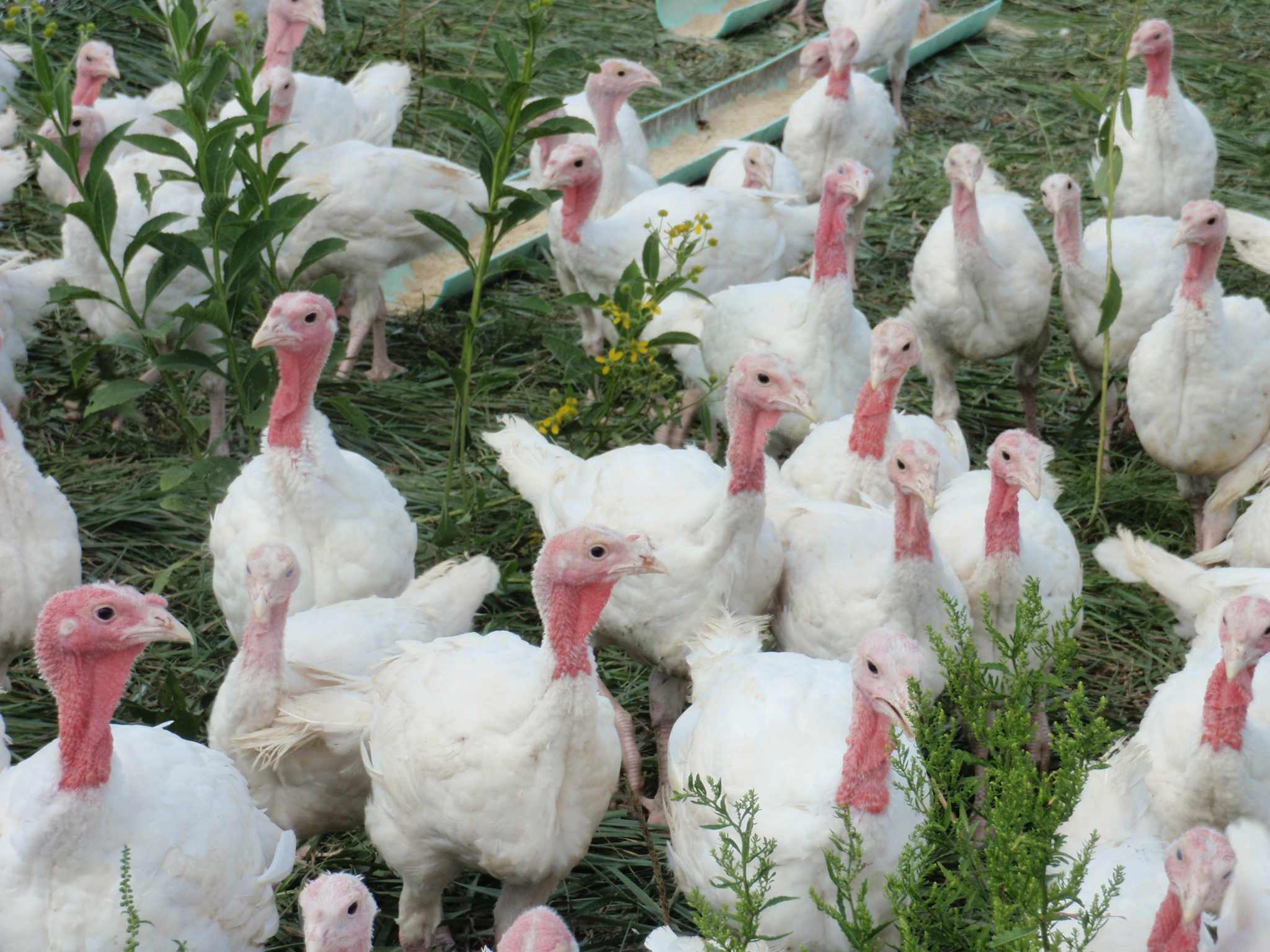As a culture, we seem obsessed with debating between conventional and organic farming. Opposing sides are usually entrenched, with one group condemning pesticides and GMO seeds, while the other rolls its eyes at urban gardens and free-range chicken farmers. Almost everyone has an opinion on the subject, and heated arguments are the norm. But more often than not, the discussion boils down to a single, intense question: “Can organic farming feed the world?”
I’ve been an organic farmer for 17 years. During my lifetime, I’ve watched as world population has come close to doubling, from 4 to 7 billion. Lately, I’ve been wondering if we shouldn’t tweak the question just a bit: “How did we get to a point where organics can’t feed the world?”
Organic farming has always emphasized innovation, dating back thousands of years. At one time in human history, wild-strain domestication, selective breeding and seed-storage were cutting edge technologies. Steady improvements in organic farming carried us well into the 20th century.
Fast forward to today, however, and you’ll hear a competing story, voices insisting that modern times require modern solutions. Genetically modified crops, micro-chipped animals, and tractors guided by satellite might sound like science fiction, but they’re utterly mainstream. Somewhere in the clouds, George Orwell is doing a “I told you so!” happy dance.
But take some time to speak with farmers themselves—especially the ones who keep family vegetable gardens and fill their freezers each year with meat they have raised—and you’ll hear a different story. They’ll tell you there’s plenty of opportunity for organic vegetable, fruit and pastured animal production. It doesn’t have to be a battle between organic and conventional farming, with the specter of global starvation hovering nearby. The root of the problem, they’ll say, is that so few people grow food for a living.
And there’s the rub. With less than one percent of the country identifying themselves as farmers, large scale industrial agriculture has become a self-fulfilling prophecy. Could it be that, by dismissing farming as a viable career choice, that we’ve created a winner-take-all food scenario? If you’ve been been following the case of Monsanto versus Bowman, then you’re forgiven for wondering this question out loud.
Fear is a powerful marketing tool, especially when properly financed. But so is hope. In that spirit, here are three ways that the world can sustainably expand organic food production.
Open Source Information
Want to have a little fun in your hometown? Walk into a KFC, and politely ask them for their secret herbs and spices recipe. Be sure to tell them you’re planning to start your own fried chicken restaurant. By the way, could you get a pint of gravy to go? You’ve got some tests you’d like to run, back at your food lab.
If this sounds like crazy talk, then that’s exactly my point. Where else besides farming are people so willing to share their knowledge, wisdom and information? Most farmers I know are eager to teach young people, freely sharing hard-won lessons that only come with decades of experience. Professional farmers are treasure-troves of practical information, and possess the knowledge we need to feed the world.
With organizations such as MOFGA and Acres USA leading the way, the divide between farmer and pupil is being bridged like never before. For students who seek successful, time-tested organic techniques, free information is now almost ubiquitous. Open source information is a true game-changer for organic farmers who are just starting out.
Apprenticeships
Sure, it’s great to have all this free information. But it’s one thing to read a book about ballroom dancing, and another to take dance lessons from a professional. Farming is certainly no different. As anyone who’s ever planted a back yard garden can tell you, growing food is harder than simply planting a few seeds and crossing your fingers. It becomes even more complicated when trying to grow food for an entire community.
Apprenticeships are a perfect opportunity for new farmers to learn the complex nuances of organic production. Just as importantly, it’s also a way for experienced farmers to get much needed help as they grow older. Combining the two, it allows older farmers to funnel their knowledge into youthful energy, and helps farms grow more organic food than ever before. Win-win.
Investing in Youth
But how do we get more young people interested in farming? Maybe we could get Willie Nelson to change the lyrics to his famous song: “Mommas, do let your babies grow up to be cowboys…”
Parents might try to instill food values around the dinner table each night, but lessons unravel in the face of 5th grade peer pressure. At lunchtime, who wants to be the kid eating sliced carrots and homemade hummus when everyone else is eating bologna sandwiches, Fruit Roll-Ups and Capri Suns?
Increasingly, farm-to-table educational programs are making inroads into schools. These outreach programs teach students about fresh fruits and vegetables, as well as fun ways to prepare them (Dinosaur Kale Burrito, anyone?). Best of all, many of these programs bring in guest farmers for the children to meet, producers who explain how food is really grown.
Farmers as positive role models? You better believe it. An entire new generation will consider agriculture to be a viable career opportunity.
So, what’s the secret to increased organic food production? Educated, experienced farmers… and lots of them. The world has always been capable of feeding itself, and it can continue to do so organically. If we really crave sustainable, organic farming success, the puzzle pieces are already scattered on the table. Now, we just need a few more helping hands, working to solve the bigger picture.













Leave a Reply